
After weeks of agonizing over your lemon car, you finally won your lemon law case. Congratulations! You are now entitled to a refund or replacement vehicle from the manufacturer. But is that it? What happens after you win a lemon law case? Will you get that 1 car you’ve dreamed of after returning the lemon car?
You see, winning your lemon law case is just the beginning. There are a few more steps that you need to take to ensure that you receive the compensation that you are entitled to. Here’s a breakdown of what happens after you win a lemon law case and what your next steps should be.
Receiving Compensation
After winning your lemon law case, the first thing you can expect is compensation. This amount typically reflects the damages incurred due to your vehicle’s defects. Compensation may cover several aspects, including repair costs and diminished value of your car. You might also receive reimbursement for any out-of-pocket expenses related to repairs or alternative transportation.
Note that the total amount varies based on state laws and personal cases or circumstances. Be prepared for a negotiation process if necessary; sometimes, manufacturers don’t immediately offer what you believe is fair. Once you’ve received a settlement offer, review it carefully before accepting anything.
Approving Vehicle Return

After winning your lemon law case, you’ll also be required to officially return the defective vehicle. This process can feel liberating after dealing with constant repairs and frustrations. You will typically receive instructions from your attorney or the manufacturer regarding how to return your car. It’s essential to follow these guidelines closely. Make sure you have all required documentation on hand during this procedure. Inspect the vehicle before handing it over. Document any existing damages thoroughly; taking photos can help safeguard against potential disputes later on.
Once returned, ensure you get a receipt or confirmation of its return to avoid any future complications. The manufacturer’s responsibility begins at this point—they must inspect and accept that they are reclaiming ownership of a vehicle deemed faulty under Lemon law protections.
Paying Off Your Loan
Winning a lemon law case can feel like a 100-pound weight has been lifted from your shoulders. But once you receive compensation, it’s time to focus on your loan. If you financed the vehicle, paying off that loan should be a priority. The money awarded in your case can often cover this expense directly. This step clears any remaining financial obligation tied to the defective car. After settling the loan, request a lien release from your lender. This document proves you’re no longer liable and helps maintain clear ownership over future vehicles.
Getting a New Vehicle

Of course, you still need a vehicle. And by now, you should finally have all the money you need. This is your chance to choose something that truly meets your needs and preferences. Start by researching reliable models. Look for vehicles with high ratings in safety and performance. Reviews from other owners can provide valuable insights.
Settling Legal Fees
There is something you can’t overlook. That is settling your legal fees. Legal representation can be costly, and it’s essential to know how these expenses will be handled following a successful outcome. Typically, the manufacturer or dealer may be required to cover some of your legal costs as part of the settlement. This means you might not have to shoulder all the financial burdens of hiring an attorney. It’s crucial to review the terms of your settlement agreement carefully to see what is included regarding legal fees.…

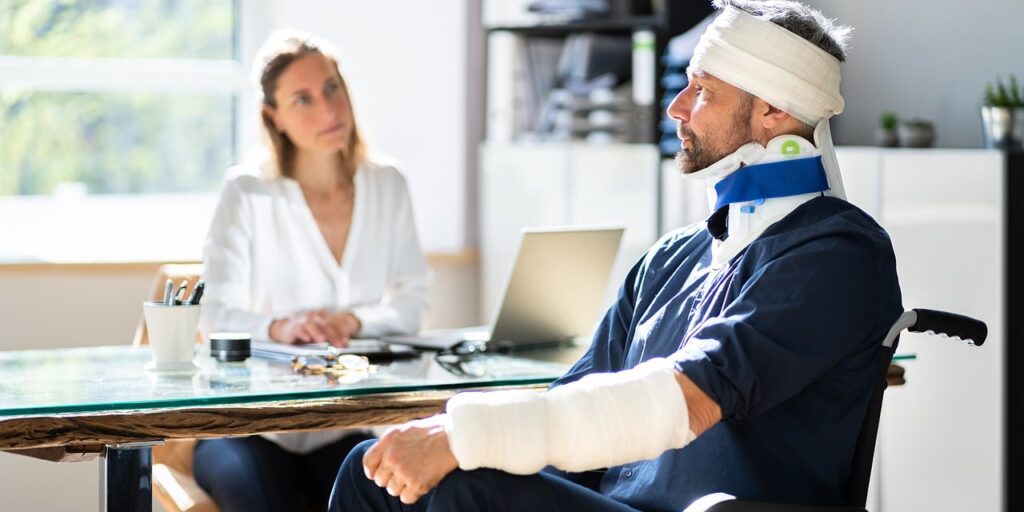
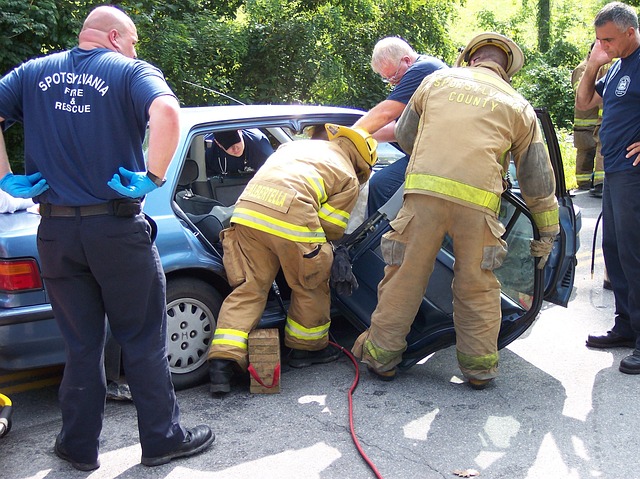
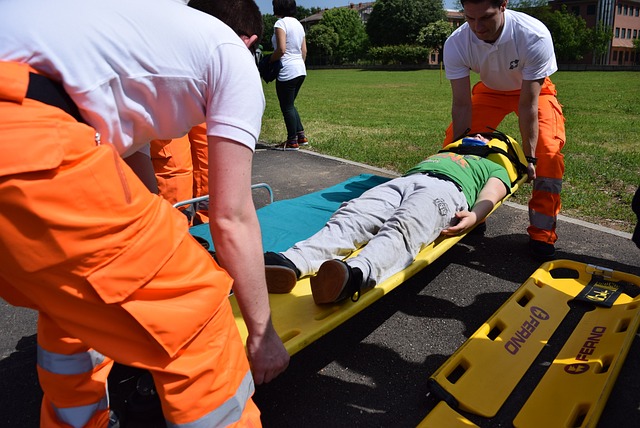
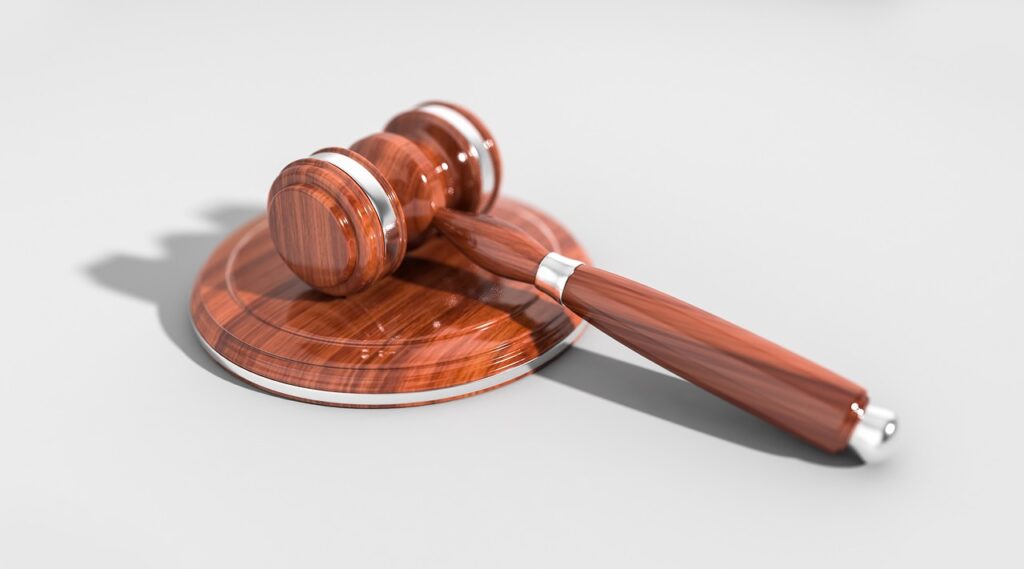


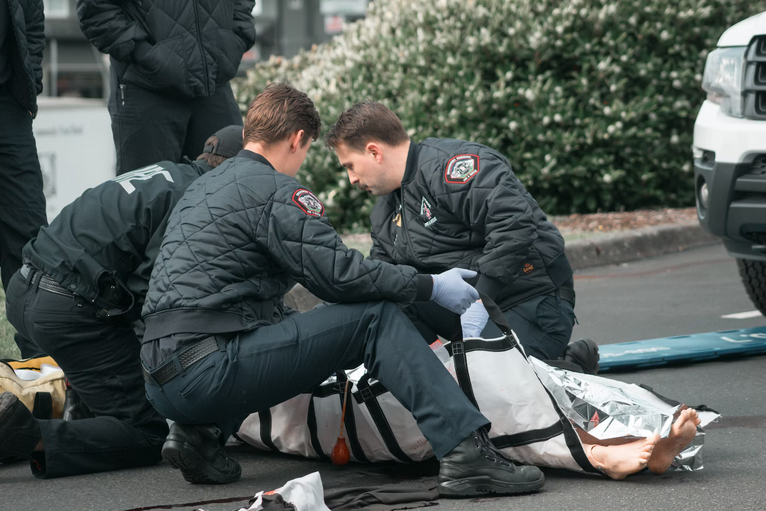






 Once you know the reason for your delayed flight, it’s time to take action. Here are the steps you should follow when experiencing a flight delay.
Once you know the reason for your delayed flight, it’s time to take action. Here are the steps you should follow when experiencing a flight delay.